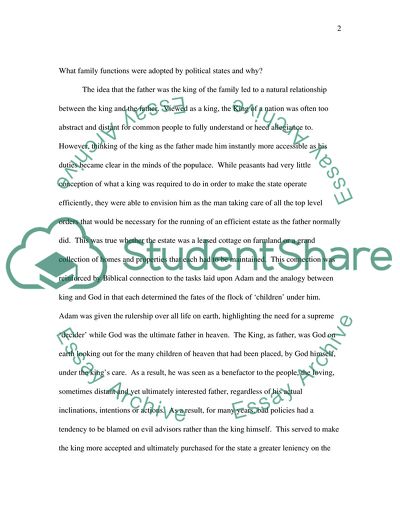Cite this document
(“Family in Europe Coursework Example | Topics and Well Written Essays - 1250 words - 6”, n.d.)
Family in Europe Coursework Example | Topics and Well Written Essays - 1250 words - 6. Retrieved from https://studentshare.org/history/1716684-family-in-europe-history
Family in Europe Coursework Example | Topics and Well Written Essays - 1250 words - 6. Retrieved from https://studentshare.org/history/1716684-family-in-europe-history
(Family in Europe Coursework Example | Topics and Well Written Essays - 1250 Words - 6)
Family in Europe Coursework Example | Topics and Well Written Essays - 1250 Words - 6. https://studentshare.org/history/1716684-family-in-europe-history.
Family in Europe Coursework Example | Topics and Well Written Essays - 1250 Words - 6. https://studentshare.org/history/1716684-family-in-europe-history.
“Family in Europe Coursework Example | Topics and Well Written Essays - 1250 Words - 6”, n.d. https://studentshare.org/history/1716684-family-in-europe-history.


